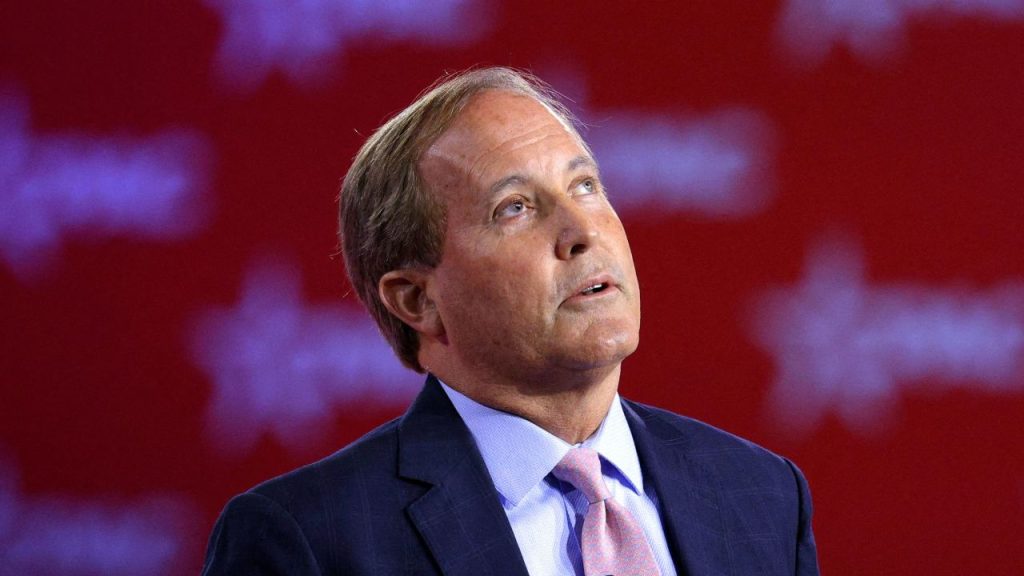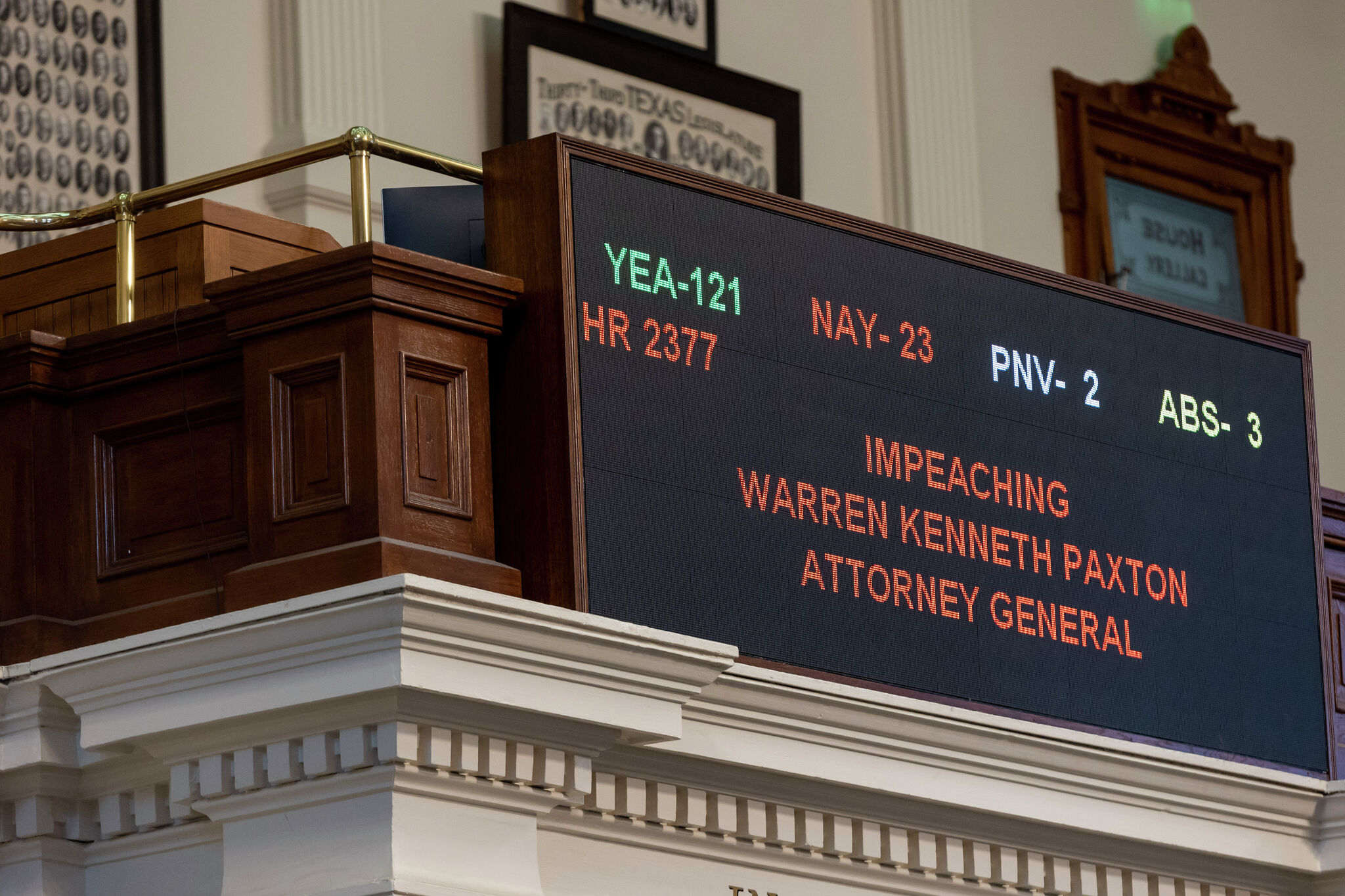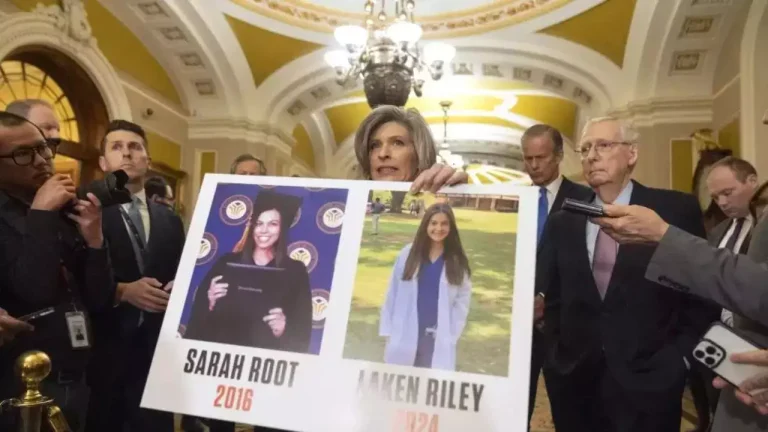In a recent campaign finance report, Attorney General Ken Paxton revealed that he dipped into his campaign funds, allocating $2.3 million to cover legal fees associated with his impeachment trial over the last six months. This disclosure marks the first comprehensive overview of Paxton’s campaign spending since July, shedding light on the financial intricacies of his defense against abuse-of-office charges.
The House impeached Paxton in May, accusing him of leveraging his position to benefit a wealthy friend and donor, Nate Paul. The subsequent Senate trial in September resulted in Paxton’s acquittal. Despite previous assertions that his defense costs exceeded $4 million, the recent report provides concrete evidence that Paxton tapped into campaign funds to finance at least part of his legal defense.
In Texas, elected officials are generally permitted to use campaign finances to address legal matters arising from their official roles. Paxton’s report details payments made from July to December, revealing disbursements to four law firms or lawyers involved in his defense: $1.8 million to Stone Hilton, PLLC, $203,000 to Scheef & Stone LLP, $250,000 to Cogdell Law Firm PLLC, and $100,000 to Anthony Buzbee, Paxton’s lead lawyer.

Read more:
- Trump’s Attorney Renews Call for Mistrial in Writer’s Defamation Case Involving Sex-Abuse Claims
- Bipartisan Push Aims to Provide Proxy Voting Support for New Moms in Congress
- Proposed Restriction on Social Media Access for Florida Teens Under 16 Sparks Controversy
- Sexual Assault Allegations Against Former Florida GOP Chair Dismissed
Buzbee clarified that the $100,000 allocated to him was solely for expenses. He explained that his firm recently billed Paxton for hours worked, emphasizing ongoing commitments to other cases as a reason for the delayed billing.
The impeachment trial’s focus centered on allegations made by former top deputies, asserting that Paxton abused his office on behalf of Nate Paul. This stemmed from a whistleblower lawsuit filed against Paxton in 2020.
Paxton and his supporters have pressed for transparency regarding the total cost of impeachment efforts borne by taxpayers, while the House has disclosed expenses exceeding $4 million. State Rep. Andrew Murr, who chaired the House board of impeachment managers, defended these costs, stating that the expenditure was justified to maintain trust and transparency in Texas’ governance.
While Paxton underscored that no taxpayer dollars directly funded his defense, he declined to elaborate on the specifics of his financial arrangements. During the trial, he attributed his limited attendance to fundraising efforts for his defense.
Despite the conclusion of the impeachment trial, Paxton’s legal challenges persist. He, along with three top aides, has been ordered to undergo depositions in the whistleblower lawsuit in Travis County. This legal saga resumed following the impeachment proceedings.
Furthermore, Paxton faces an upcoming trial in April on securities fraud charges dating back to 2015, predating his tenure as attorney general. These charges represent an ongoing legal battle that adds to the complexity of Paxton’s legal landscape.
As the dust settles from the impeachment trial, the financial intricacies disclosed in Paxton’s campaign finance report underscore the lengths to which the Attorney General went to defend his position. With ongoing legal battles on the horizon, Paxton’s utilization of campaign funds raises questions about the intersection of campaign finance and the personal legal challenges faced by elected officials.















+ There are no comments
Add yours